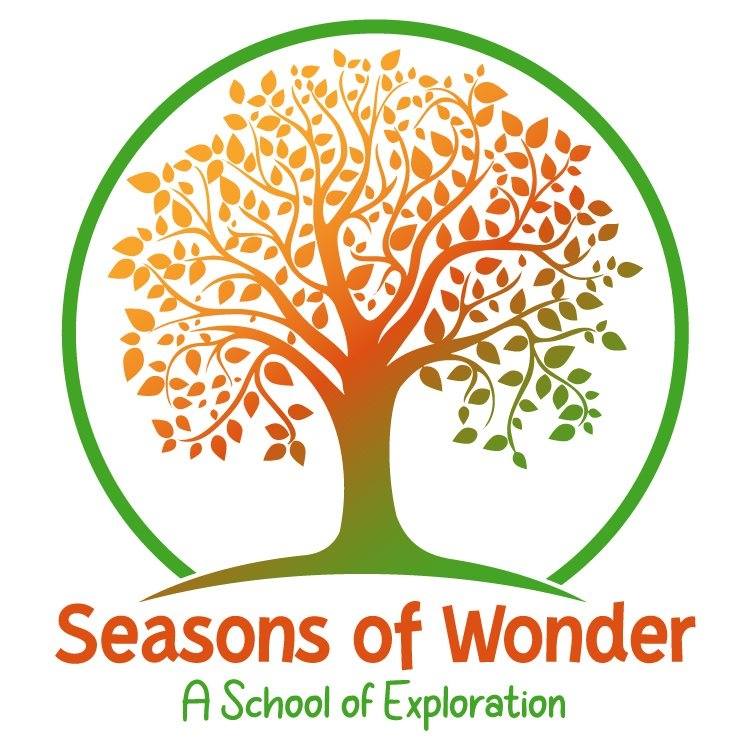Seasons of Wonder embraces a developmental approach to early childhood education and care. The curriculum focuses on all aspects of a child’s growth and development – intellectual, physical, social, and emotional. We follow the Reggio Emilia approach and principles including Emergent Curriculum, In-Depth Projects, Representational Development and Collaboration. The teachers learn alongside the children, help guide and document their inquires and constantly observe the learning.
Children learn through experiences with equipment and materials coupled with nurturing and helpful interactions with adults and peers. The learning environment is carefully set up to encourage children to think, solve problems, and take risks. Materials that serve many purposes such as sand, water, and sticks are regularly available. Children (and staff) will get messy! Creativity is emphasized not only through painting and other art activities, but also through play with blocks, storytelling, and dramatic play.
Language development is enhanced through emphasis on verbal interactions with other children and adults. Reading to children and the availability of writing materials throughout the environment encourages the development of reading and writing.
Curriculum Philosophy/Framework
Our curriculum strives to reflect the children’s interests, abilities, cultures, and families. Curriculum planning is ongoing and evolves as we continue to observe the growth and interests of the children. Learning experiences are developed to address all areas of growth, e.g. social-emotional development, physical development, cognitive/creative development and language development. A wide variety of activities will be planned to offer an in-depth study on a topic of interest, e.g. families, bugs, balls, etc.
We utilize The Project Approach. The Project Approach, as the name suggests, focuses the children on particular topic of interest for a period of time. A project is an in-depth investigation of a topic. The topic comes directly from the children’s interests and involves children’s attention and energy. Projects involve children in conducting research on events worth learning about in their own environments. The teacher assesses what the children already know about the topic and develops a list of things the children express curiosity about. A topic “web” is then organized as a structure to guide the project.
While gathering information on the chosen topic, children have the opportunity to ask questions, to generate theories and predictions concerning possible answers, to seek answers to their questions, to interview experts and others from whom relevant information can be obtained, and to engage in other activities involved in collecting information.

Taking from the Reggio Emilia approach children will engage in specialized art exploration in our atelier and construct knowledge using the community around us. Our environment consists of beautiful, thoughtfully placed materials meant to provoke wonder and depth of knowledge.
We utilize our outdoor spaces as the primary classroom filled with art, math, science, large motor and social opportunities. Children should prepare to get messy through hands on sensory exploration, art and gardening!



